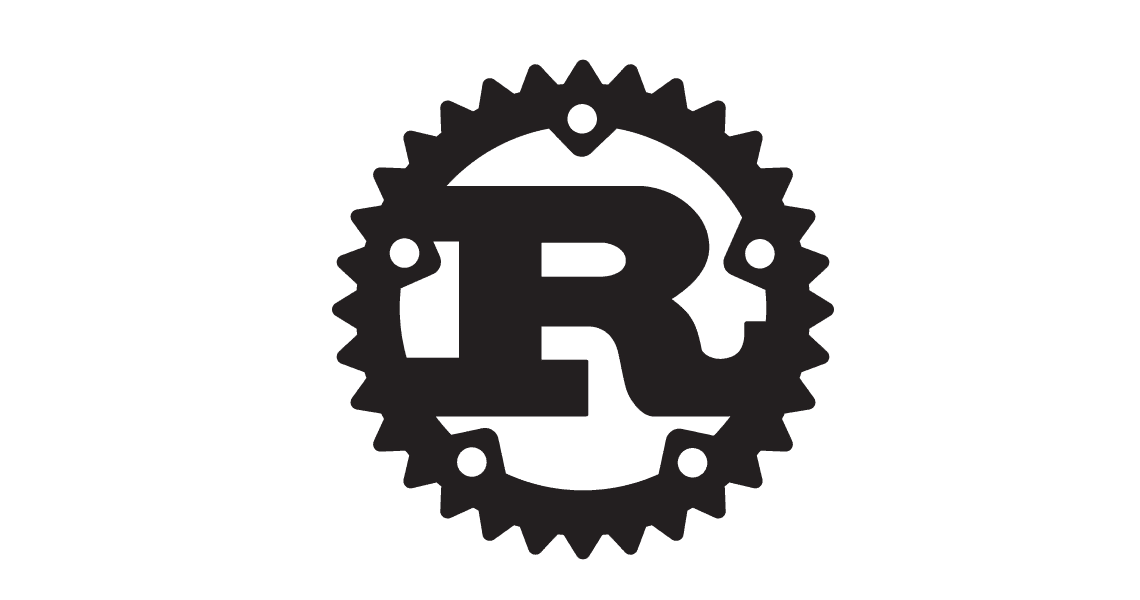
RustでMomentoのコレクションデータ型を試す
Introduction
高速サーバレスキャッシュサービスMomentoの情報です。
最近のアップデートにより、コレクションデータ型がサポートされました。
今回はMomentoのRust用SDKを使って
コレクション型をつかったMomentoへのアクセスを試してみます。
[注意]
Momentoのコレクション機能は現在previewです。
2023年1月現在、この機能を使いたい場合は
[email protected]に連絡する必要があるので
注意してください。
Environment
今回試した環境は以下のとおりです。
- MacBook Pro (13-inch, M1, 2020)
- OS : MacOS 12.4
- Rust : 1.66.1
- Momento SDK : v0.21.0
DevIOのMomento関連記事はここにあるので、
これらもご確認おねがいします。
Setup
まずはMomentoのセットアップです。
このあたりを参考に、
Momentoの認証トークンを取得しましょう。
トークンを取得したらコンソールで環境変数にセットしておきます。
% export MOMENTO_AUTH_TOKEN = <取得した認証トークン>
次に、CargoをつかってRustプロジェクトの作成と依存ライブラリの設定です。
% cargo new momento-rust && cd momento-rust
# Cargo.toml
[dependencies]
momento = "0.21.0"
[dependencies.uuid]
version = "1.2.2"
features = [
"v4",
"macro-diagnostics",
]
Try
ではコレクションをつかってみましょう。
基本的にはJavaScript用SDKと似ているのですが、
言語的な違いがあったりするので多少は違います。
とりあえず必要モジュールのimportとクライアントの作成をするコードです。
use std::collections::HashMap;
use std::env;
use std::time::Duration;
use uuid::Uuid;
use momento::{
MomentoResult,
response::MomentoDictionaryGetResponse,
response::MomentoDictionaryGetStatus,
response::CollectionTtl,
response::SimpleCacheClient,
response::MomentoError,
SimpleCacheClientBuilder,
};
fn get_client() -> SimpleCacheClient {
let auth_token = env::var("MOMENTO_AUTH_TOKEN")
.expect("env var MOMENTO_AUTH_TOKEN must be set to your auth token");
let item_default_ttl_seconds = 60;
SimpleCacheClientBuilder::new(auth_token, Duration::from_secs(item_default_ttl_seconds))
.unwrap()
.build()
}
Dictionary
クライアントを取得したり、元になるDictionaryを作ります。
//Get Momento Client
let mut momento = get_client();
//Create Cache
let cache_name = Uuid::new_v4().to_string();
match momento.create_cache(&cache_name).await {
Ok(_) => println!("ok"),
Err(e1) =>println!("error occurred"),
}
//Create Dictionary & Dictionary Name
let mut dictionary = HashMap::new();
dictionary.insert("key1".to_string(), "value1".to_string());
dictionary.insert("key2".to_string(), "10".to_string());
dictionary.insert("key3".to_string(), "value3".to_string());
let dictionary_name:String = Uuid::new_v4().to_string();
キャッシュ名とDictionary名を指定して、
dictionary_set関数でHashMapをキャッシュに登録します。
momento
.dictionary_set(
&cache_name,
&*dictionary_name, //or dictionary_name.clone()
dictionary,
CollectionTtl::default(),
)
.await;
登録したDictionaryから値の取得です。
Vecで任意の数のキーを指定して取得することもできます。
let resp = momento
.dictionary_get(&cache_name, &*dictionary_name, vec!["key1","key3"])
.await
.unwrap();
レスポンスは下記のように個別の値を取得できます。
////MomentoDictionaryGetResponse
match resp.result {
MomentoDictionaryGetStatus::FOUND => {
println!("dictionary found!");
if let Some(dictionary) = &resp.dictionary {
println!("dictionary entries:");
for (k, v) in dictionary.iter() {
let k_str = String::from_utf8_lossy(k);
let v_str = String::from_utf8_lossy(v);
println!("0: {:?} => {:?}", k_str, v_str);
}
}
}
MomentoDictionaryGetStatus::MISSING => println!("dictionary missing!"),
_ => println!("error occurred"),
};
dictionary_incrementを使えば引数に指定したキーの値を増やします。
//key2の値を50増やす
let value = momento
.dictionary_increment(&cache_name, &*dictionary_name, "key2", 50, CollectionTtl::default())
.await
.expect("Failed to increment dictionary key")
.value;
println!("{}",value); //60
Dictionaryから値を削除するにはdictionary_deleteを使います。
//remove some fields
momento.dictionary_delete(
&cache_name,
&*dictionary_name,
Fields::Some(vec!["key1"]),
).await.unwrap();
// remove entire dictionary
momento.dictionary_delete(
&cache_name,
&*dictionary_name,
Fields::<Vec<u8>>::All,
).await.unwrap();
Set
次はSetを使ってみます。
set_union関数でキャッシュ名、セット名とコレクションを渡します。
let elements = vec!["a", "b", "c", "a", "d"];
momento
.set_union(&cache_name, set_name.clone(), elements, CollectionTtl::default())
.await
.expect("error");
set_fetch関数を使えばSet全体を取得します。
let response = momento
.set_fetch(&cache_name, set_name.clone())
.await
.expect("Failed to fetch");
if let Some(set) = response.value {
println!("set entries:");
for entry in &set {
println!("{:?}", String::from_utf8_lossy(entry));
}
} else {
println!("Collection not found");
}
Summary
今回はRustでMomentoのコレクションAPIにアクセスしてみました。
JavaScript用SDKと同じく、簡単にコレクションAPIがつかえます。
なお、Rust用SDKは頻繁に更新されてますのでご注意ください。
この記事でキャッシュに使用したMomentoについてのお問い合わせはこちらです。
お気軽にお問い合わせください。
References
Momentoセミナーのお知らせ
2023年2月21日(火) 16:00からMomentoのセミナーを開催します。
興味があるかたはぜひご参加ください。





![[Rust] rustlsとOSの証明書機能を使ったTLS接続](https://devio2024-media.developers.io/image/upload/v1731065705/user-gen-eyecatch/f9v6jopydotqmbhfunmf.png)
![[Rust] Testcontainerで使い捨てコンテナを使ったテスト](https://devio2024-media.developers.io/image/upload/v1730794521/user-gen-eyecatch/gpk2ss0unhaclkowtemo.png)